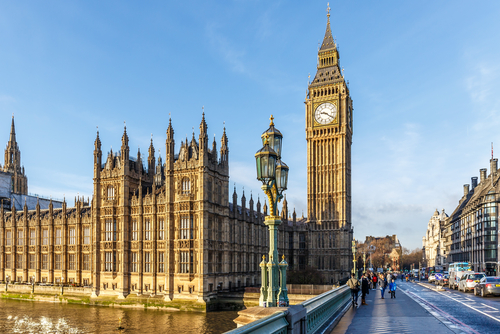Announced last week, the Mayor of London, Sadiq Khan, has launched a new independent review “harnessing technology to help London tackle climate threat”.
The review will “explore how London can better utilise technology to adapt to climate change”, with data and tech playing an important role in tackling the climate emergency.
According to the London Assembly, the review is inspired partly by the heatwaves and heavy rain in 2022, which highlighted the capital’s “vulnerability to climate change with wildfires, flash floods and school closures”.
Designed to get a better picture of London’s preparedness to cope with the effects of the climate emergency, the London Climate Resilience Review “will explore how London can harness technology – including AI – to better adapt to, and prepare for, the impacts of a changing climate”.
Recommendations will be given as to how London residents, the environment and the economy can be better protected from major climate risks such as wildfires, flooding and extreme heat.
Technology has already been implemented in order to run the congestion charging zone, and hundreds of air quality sensors are in use to provide real-time pollution alerts to residents. London also features zero emissions bus fleets, more than 13,000 new electric charging points, and regularly uses data and AI to help reduce congestion.
Khan has commented: “London is at the forefront of cities globally in using data and technology to reduce congestion, improve air quality and public transport. This important review will gain independent insight into what more needs to be done to make London a climate resilient city as we harness the power of our thriving tech industry to make London a better, greener and safer city for all.”
Since 2019, more than £24 million has already been invested through the Green New Deal fund, to improve climate resilience across the capital, on top of £1.5 million to deliver climate adaptation measures to 95 London schools identified as being at the greatest climate risk.
Emma Howard Boyd CBE, the chair of the review, states: “London should be a global leader in climate security so we need to review its preparations for predictable impacts like storms, floods, droughts and heatwaves. A resilient and successful 21st century city must develop in ways that protect lives and livelihoods. This review is for all of London. Catastrophe is not inevitable but failure to prepare would be a disaster.”



